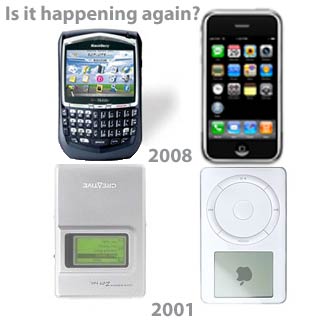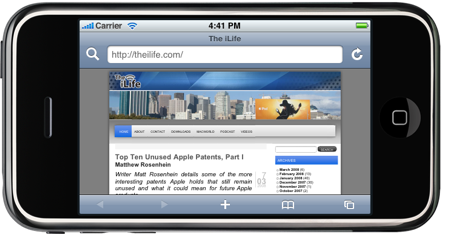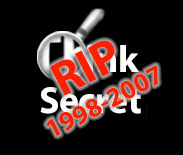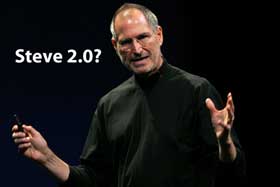The Forgotten Remote
1 04 2008Recently, a friend of mine planning to buy a Mac asked me why the Apple Remote was no longer standard on any of Apple’s computers. I at first though he was mistaken- then I checked it out.

The Apple Remote
Apple likes to stay competitive. Apple wants to keep their prices down. Sometimes, in between the two, there has to be a compromise. When the MacBook Air was introduced, the Apple Remote was an optional accessory. Slowly, Apple began to remove the remote from the included items in their new Macs- it has become a $19 accessory. Now, if you want to buy a new Mac, and wish to use the remote, you will need to pay $19.
In October of 2005, Steve Jobs introduced Front Row in a Media event along with a new iMac G5. The main UI for Front Row was the Apple Remote, which would magnetically attach to the side of the iMac (a feature since removed). Then, as Apple began transitioning to Intel Processors in 2006, they added IR receivers to all of the new Macs (with the exclusion of the Mac Pro) and shipped them with Apple Remotes. Previously only shipping with new Macs, in Leopard, Front Row became a standalone application found in the application folder of all Macs running Leopard- not hidden in the depths of the Finder.
This isn’t the first time Apple has scaled back on included items, however. Those who have purchased an iPod before 2005 may remember that you used to get a charger with your iPod. The move was probably just cost cutting which saves Apple a couple of dollars per computer- if that. Whether Apple actually determined that most people didn’t use it, or had to cut a couple dollars, it looks like I’m going to have to pay an additional $19 with my next computer purchase. To me, I would prefer if they would allow you to opt out of the Remote for money back, as the price of their computers haven’t decreased.
Categories : Apple, Hardware, News






 RSS 2.0
RSS 2.0